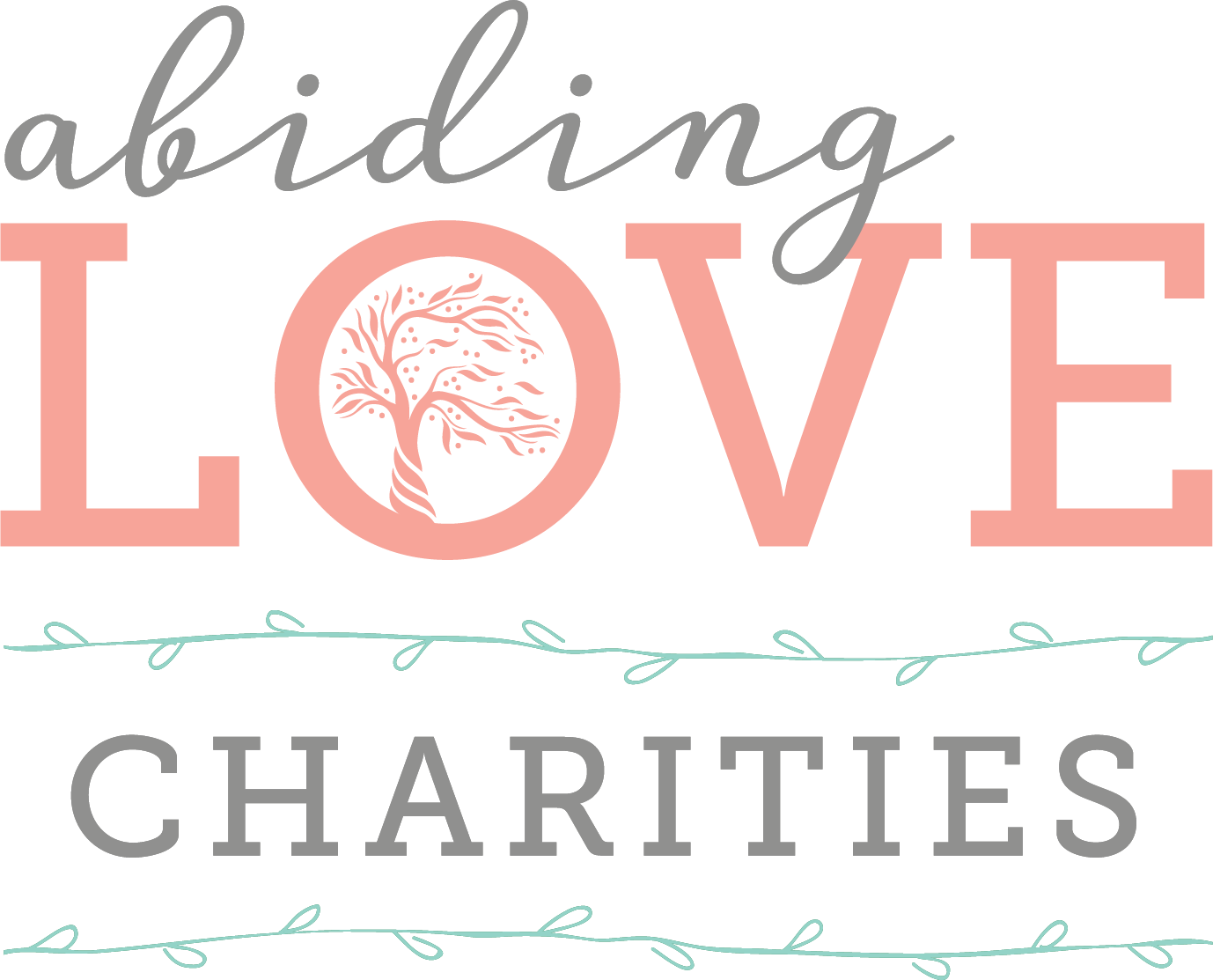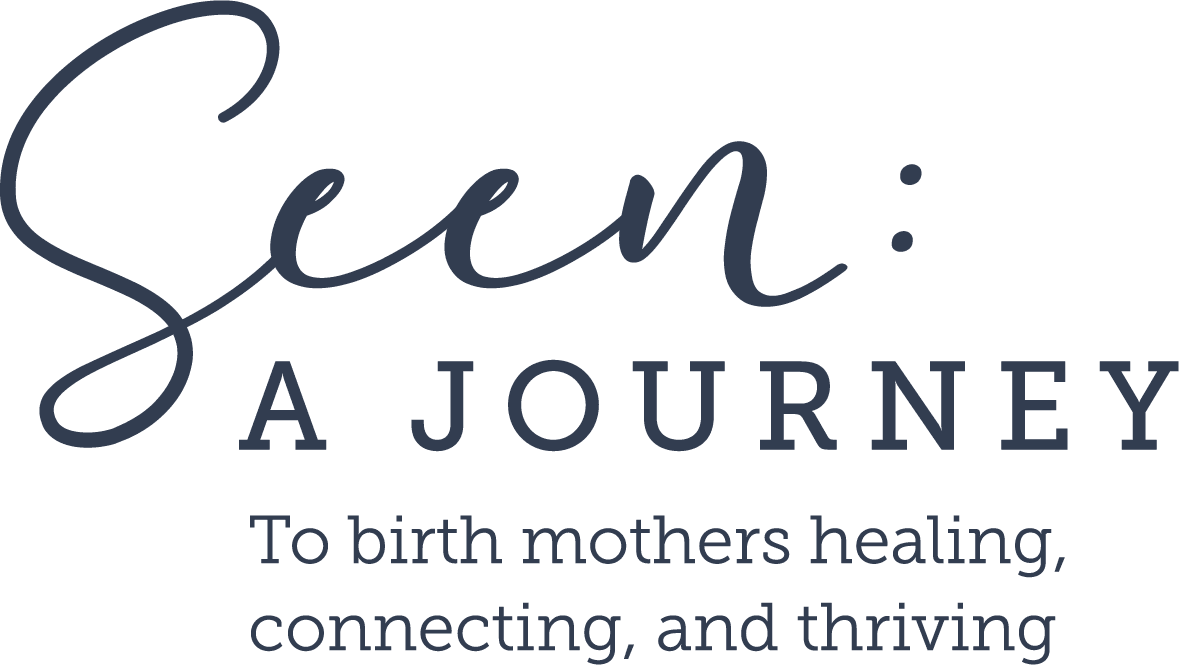I’ll go ahead and rip off the band aid and say it: adopting a child is completely different and not like having a biological child. When you give birth to a child, they know you from your pregnancy; they recognize your voice, your smells, etc. You had control over your pregnancy, knew what went in your body, and managed the environment around your pregnancy. There is no other family your child has out there; you are their only family. The family relation is not like that of walking your family through an adoption journey.
When you adopt a child, no matter their age, they are not a blank slate. They don’t come as a blank slate to your family with no personality, characteristics, experiences, or trauma. Typically, they come to you with ALL of that. They have different DNA. They have different inherent traits from their biological parents. All of this requires more effort to conquer in parenting. There are more layers to parenting an adoptee. A lot of people have the view that once you adopt, and it’s finalized, and it’s happy ever after. But this couldn’t be farther from the truth.
Growing In An Adoption Journey Takes Humility
Before you started the adoption process, did you truly know what you were signing up for? Did you know that it would be a lifelong process for your child as they go through different emotions about their adoption journey as they get older and develop? Did you know there would be experiences and/or moments through their entire childhood that could trigger emotions surrounding their adoption? This can absolutely feel overwhelming, and it is easy to feel defeated before you even begin. So, what do you, as the adoptive parent, do with all of this?
You commit to education. You commit to learning other perspectives. You commit to growing.
You owe your child this! They have their entire lifetime to navigate what all of this means, and as the parent, it is your job to guide them. You may not have all the answers, but that is what community and resources are for. The emotions, the feelings, the identity issues, the PTSD issues, etc., are all common things your adopted child can and will feel at one point or another in their adoption journey. You must be open to growing in learning more about your adoptive child as a whole. Being aware is the first step, so congratulations, now you know and are aware! The next step is action. What do you do next?
Here are some practical steps you can take in growing your educational knowledge when it comes to adoption:
- Find a good counselor/therapist (one that is trauma and adoption informed)
- Listen to all voices in the adoption triad: birth moms, adoptees, adoptive parents (can do this through books, podcasts, blogs, retreats/conferences/speaking events, adoptive parenting resources, etc.)
- Find racial and cultural mirrors for your child (in your church, community, schools, extracurricular activities. Be surrounded by diversity, period.)
- Speak positively about your child’s adoption and race/culture and let them see you embrace that! Compliment them on what makes them unique.
Growing In Adoption Takes Commitment
It is important to go into the adoption journey, knowing exactly what it is: a process. It is a lifelong process you must be committed to, no matter what that could look like. As parents, one of our goals should be to raise healthy children that turn into healthy adults. For adoptive kids, a little more work has to be exerted for this as they had a whole other family before you, leading to an array of emotions and experiences for your child. It can take a lot to work through. A book I am currently listening to on Audiobook is It Takes More Than Love: A Christian Guide to Navigating the Complexities of Cross-Cultural Adoption. It is a much needed read that every adoptive parent should peruse as it has modern perspectives and views on the intricacies of adoption, something that has been lacking in the adoption community. The title alone is true of adoption: it takes more than love. Love is one of the most important parts of every family, but more is needed as you navigate the different layers of parenting an adoptee. That love should fuel us to grow. That love should charge us to educate ourselves to be the best parent we can be. The author of It Takes More Than Love breaks down 1 Corinthians 13 and what that chapter says about love and compares that with adoption: when a child wants to talk to their birth mom, love isn’t jealous. When a child has questions about their identity, their skin, their culture, and why it is different, love is patient. Love rejoices in truth telling! Love bears all things, believes all things, and endures all things. True love takes hard work.
Because we love our adoptees, let’s commit to doing whatever is necessary to grow and educate ourselves so we can be empathetic, loving, trauma-informed, well-rounded parents.


